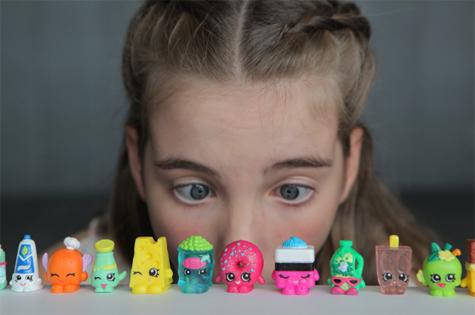The importance of play should never be underestimated according to child behaviourist, Nathalie Brown, from Easy Peasy Kids.
“Children learn from doing, therefore what better way to learn than through play, which actively beckons children with no restraints?"
Nathalie says that playing is crucial to development as children can learn how to understand their surroundings, interact with others and to express and control their emotions.
“Play builds understanding, encourages communication, imagination and problem solving skills. Not to mention the joy and laughter play brings! The endless possibilities that imaginative play can bring to a child is vital for fostering creativity and allowing them to play out different scenarios of the world they know, with alterative endings.”
She says that children act out early imaginative and role-playing games – for example, by pretending to be mum or dad going to work, paying bills, doing the grocery shopping, but with their own twist.
“Through these games children imagine life as an adult. They learn problem solving and start to experience real life activities and discover social skills.”
Nathalie says that children take these every day scenarios and play them out as a way of establishing their place in the world. Games such as ‘playing shop’ or ‘teachers’ or ‘doctors’ and letting their imagination take the reins is a critical aspect of development through imaginative play.
She recommends toys as a way of children having interchangeable characters that can play out many scenarios with different outcomes as well. Nathalie has recently road-tested with children a new collectable range of characters known as Shopkins from Australian company, Moose Enterprise.
“Role-playing with the mini Shopkins characters kept the children entertained for hours, demonstrating that they had a strong passion for the world of imaginative play it opened up for them. Shopkins use the every day activity of grocery shopping and let kids’ imagination do the rest.
“Children undertake different roles with their Shopkins, which includes expressing their own feelings through re-enacting real life experiences,” Nathalie said.
“They’re developing their emotional intelligence via role-playing as the characters can be used imaginatively to set scenarios where feelings and emotions can be discussed, through play.”
Play teaches us how to be good people: to share, take turns, and listen to each other.
“Play-based interactions with toys and with other people help us to build important thinking, problem solving and language skills vital for every day activities,” said Nathalie.



















__small.png)










